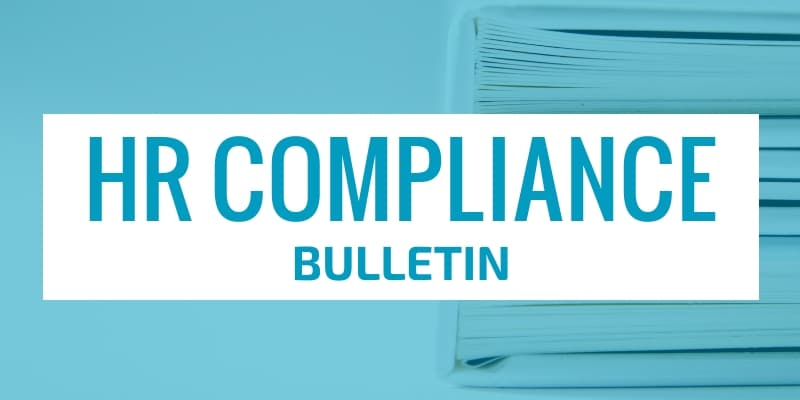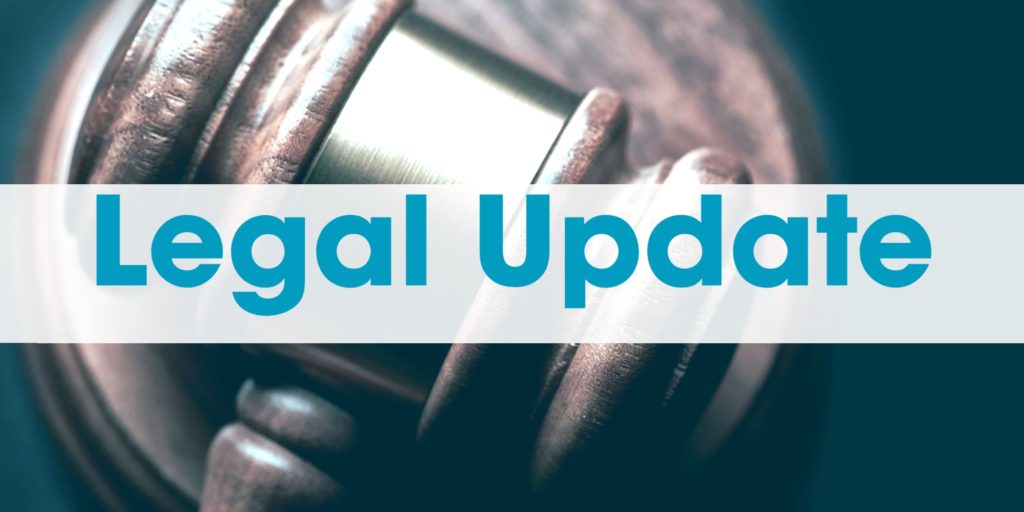02 Apr States Update Employee Leave Requirements for Coronavirus
[wpseo_breadcrumb]
These provisions are in addition to the federal Emergency Paid Sick Leave Act and Emergency Family and Medical Leave Expansion Act, passed on March 18 as part of the Families First Coronavirus Response Act (FFCRA).
In general, employee leave permitted under new state COVID-19 rules and guidance varies with respect to factors like which employers and employees are covered by the leave, the length and purpose of the leave, whether the leave is compensated and at what rate, and whether the leave is provided under a new law or rule, or covered under an existing provision.


 In response to the coronavirus (COVID-19) pandemic, states have passed new laws and issued new regulations and guidance about employee leave taken for COVID-19 reasons.
In response to the coronavirus (COVID-19) pandemic, states have passed new laws and issued new regulations and guidance about employee leave taken for COVID-19 reasons.